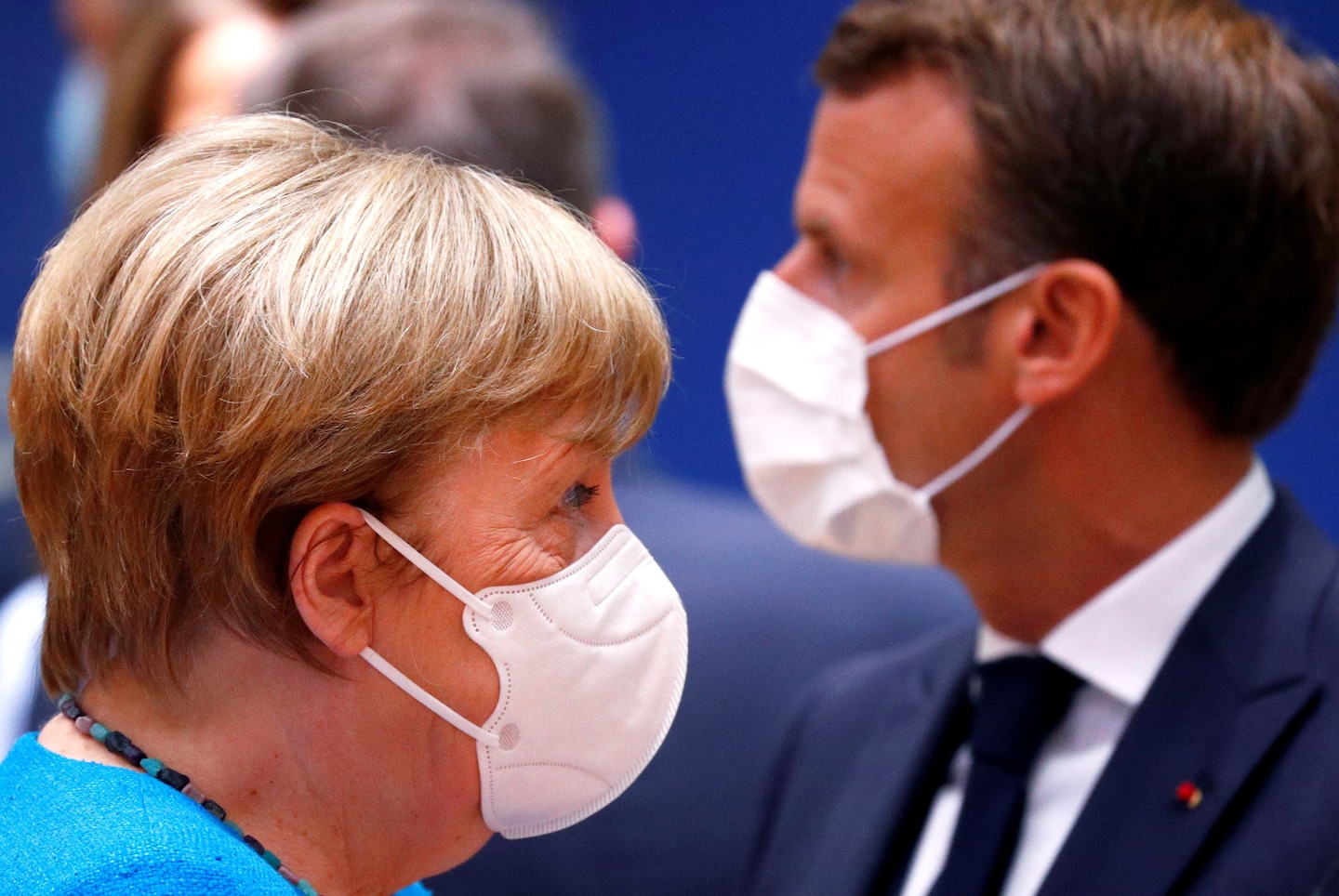The pandemic has made Europe stronger

Five months later, the tables have turned. E.U. nations, having largely succeeded in suppressing covid-19 infections, are returning to something resembling normal life, with schools, shops and businesses reopening. Last week, their leaders agreed on a landmark, $2.1 trillion financial package, including $857 billion in loans and grants for recovery financed by common E.U. bonds — a breakthrough toward a more integrated union. Meanwhile, the Europeans have closed their borders to the United States, where the coronavirus spreads uncontrolled and Congress dithers over soon-to-expire unemployment benefits.
One statistic captures the yawning transatlantic difference: At the end of last week, the 27 nations of the European Union were averaging 81 deaths a day from covid-19; the United States more than 900.
Several causes explain this disparity, including differences in U.S. and European demographics and health-care systems. But the most conspicuous might be quality of leadership. Europe’s coming together has been driven by two centrist politicians, German Chancellor Angela Merkel and French President Emmanuel Macron, who adopted robust measures to control the epidemic in their own countries and then worked jointly to develop and push through the groundbreaking financial package.
Though they were caught off guard and badly mauled by the virus, Italy and Spain avoided the mistakes of many U.S. states. They imposed lockdowns that were thorough enough and lasted long enough to push infections down to a manageable level. They will now be the leading beneficiaries of the special recovery grants and loans the European commission will dole out over the next several years. Ms. Merkel, who reversed Germany’s long-standing resistance to issuing E.U. debt to cover the transfers, rightly recognized that failure to act could have led to a collapse of Italy’s finances — and perhaps a rupture of the European Union itself.
Those who called the adoption of the plan by an E.U. summit last week the bloc’s “Hamiltonian moment,” in reference to the 1790 assumption of states’ debts by the U.S. government, were overstating it. This was a one-off deal that does not affect the debts already owed by individual countries. To overcome tough resistance from a few governments, E.U. leaders had to agree to some painful compromises, including watering down a linkage of loans to respect for the rule of law in countries such as Hungary and Poland. The deal must still be approved by national parliaments as well as the European Parliament, which could prove tricky.
Europe could still be hammered by another wave of infections; its recovery will be precarious until a vaccine or effective therapeutics emerge. The union nevertheless has been made stronger by the crisis, thanks to responsible leaders willing to make tough decisions and impose unpopular measures. That, sadly, cannot be said of the United States.
Read more:






